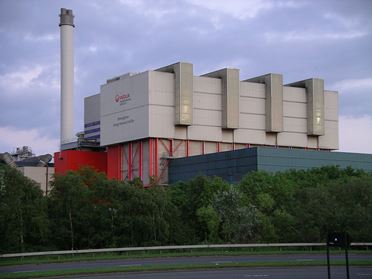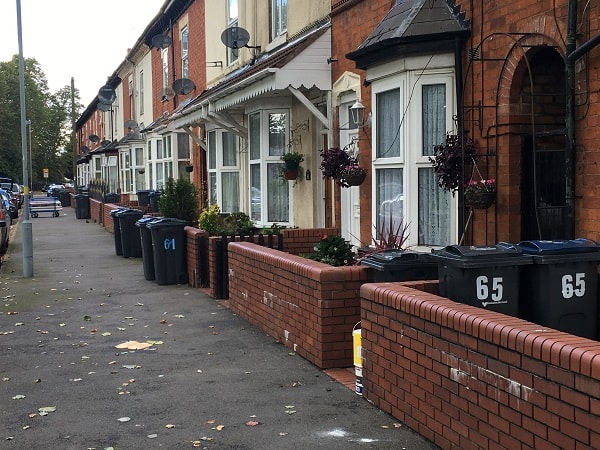Veolia signed a 25-year-deal with the council for the treatment of residual waste in 1994, which involved the development of the Tyseley energy from waste (EfW) facility. The facility has the capacity to treat around 350,000 tonnes of residual waste per year.

Under its initial 25-year timetable, the contract would have been due to expire on 16 January 2020. A two-year extension was awarded in 2016. In December 2019 the council opted to put in place a revised interim contract that would see the deal continue to 2024 (see letsrecycle.com story).
Birmingham city council has since begun a procurement process for a 10-year waste management contract for when its deal with Veolia expires in 2024. At a meeting of the council’s sustainability and transport overview and scrutiny committee on 30 September the cabinet member for street scene and parks described the Tyseley facility as a “thorny problem”.
In 2014, the council considered setting up its own energy services company to take over the running of the plant when its contract with Veolia ended (see letsrecycle.com story). It ultimately decided not to do so.
Options
Councillor John O’Shea, cabinet member for streetscene and parks, said: “We have a procurement process out now for a 10-year contract from 2024, and I think the ‘prize’ of this is what we do after that.
“This gives us the space to develop a scheme that gives us options”
“This gives us the space to develop a scheme that gives us options. So, whether we look to a scheme that perhaps ends incineration, whether we want to have a scheme that is going to support district heating, these are questions that we have to answer.
“We’ve now got a little bit of space over the next three to four years to properly get together and answer those questions and set a course for the city when it comes to waste disposal that isn’t just for 10 years. It’s going to be a 30- or 40-year operation we’re putting in place here and I desperately want to get it right.”
Procurement process
On 10 February 2020 Birmingham city council issued a tender for a contract worth £490 million for the operation of the Tyseley facility, alongside waste transfer stations and household waste recycling centres (HWRCs) across Birmingham.
The contract is to be for an initial term of 10 years, with an option to extend up to a further five years.
Tyseley
Veolia built the Tyseley EfW plant in 1996, located just to the east of Birmingham city centre.

The facility currently takes in up 350,000 tonnes per annum of residual waste from Birmingham council and other sources. It is a two-stream plant, with each boiler designed to process 23.5 tonnes of waste per hour.
The plant has a turbogenerator which exports 25MW to the National Grid, after providing for on-site needs.
Since June, the facility has been permitted to process orange-bagged healthcare waste (see letsrecycle.com story).
Birmingham
Serving a population of more than 1.1 million people, Labour-controlled Birmingham city council had a recycling rate of 22% in the 2018/19 financial year. This is considerably less than the national average of 45.1%.
A report which went before the council’s resources overview and scrutiny committee on 10 September showed that Street Scene, Birmingham’s in-house waste company, recorded a £1.9 million income shortfall in 2019/20, partly as a result of losing customers for its trade waste services (see letsrecycle.com story).











Subscribe for free